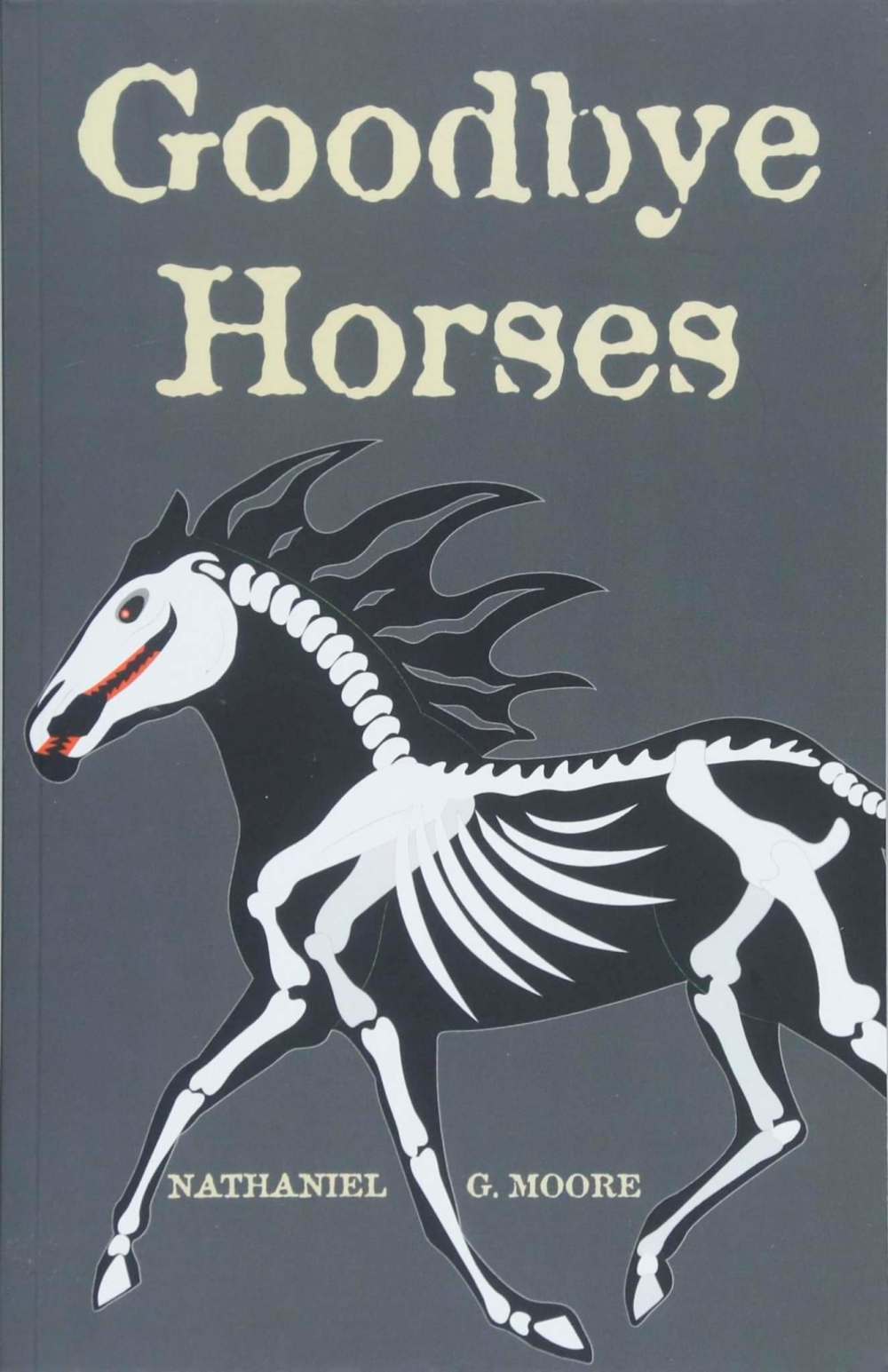Lusty Roman ruffian recast
Advertisement
Read this article for free:
or
Already have an account? Log in here »
To continue reading, please subscribe:
Monthly Digital Subscription
$1 per week for 24 weeks*
- Enjoy unlimited reading on winnipegfreepress.com
- Read the E-Edition, our digital replica newspaper
- Access News Break, our award-winning app
- Play interactive puzzles
*Billed as $4.00 plus GST every four weeks. After 24 weeks, price increases to the regular rate of $19.00 plus GST every four weeks. Offer available to new and qualified returning subscribers only. Cancel any time.
Monthly Digital Subscription
$4.75/week*
- Enjoy unlimited reading on winnipegfreepress.com
- Read the E-Edition, our digital replica newspaper
- Access News Break, our award-winning app
- Play interactive puzzles
*Billed as $19 plus GST every four weeks. Cancel any time.
To continue reading, please subscribe:
Add Free Press access to your Brandon Sun subscription for only an additional
$1 for the first 4 weeks*
*Your next subscription payment will increase by $1.00 and you will be charged $16.99 plus GST for four weeks. After four weeks, your payment will increase to $23.99 plus GST every four weeks.
Read unlimited articles for free today:
or
Already have an account? Log in here »
Hey there, time traveller!
This article was published 23/03/2019 (2411 days ago), so information in it may no longer be current.
Nathaniel G. Moore’s Goodbye Horses (Mansfield, 106 pages, $17) presents unique, personal versions of the surviving poems of Catullus, an ancient Roman poet known for volatile, lusty poems, often designed to elicit praise or offence.
Moore doesn’t offer translations so much as transformations, with his Catullus imagining a celebration of “kale crisps, avocado, chains, whips / and all your ample laughter.”
Moore’s Catullus isn’t as explicit or violent, but again, this is really Moore and not Catullus. Altogether, although he doesn’t try to match the energy of Catullus’s rawer poems, Moore’s polish provides a welcome update and a strong entry for fans of the Roman ruffian.

● ● ●
Peter Norman’s Some of Us and Most of You are Dead (Buckrider/Wolsak and Wynn, 84 pages, $18) begins with, “Sorry for your wounds. To me you were invisible.”
The book offers poems wound tight in this way, with tenseness and directness bound to startling suggestiveness.
“Every moment’s passing / means a horror’s past,” another poem offers. Norman’s book collects terminals, poems that repeat the last word from each line of an already-existing poem in their own line endings.
Norman often reflects thematically on the meaning attached to ending, the residue of the line-ending words in some ways like the residue of past trauma, whose passing just leaves room for new nightmares, with your task being to “(a)ccept with grace / the whorl of blades advancing on your face.”
● ● ●
Paul Zits’ Exhibit (University of Calgary Press, 126 pages, $19) considers the 1926 trial of Margaret McPhail for the murder of her brother Alex, but with a surreal questioning of not so much the specifics of the trial as the broader meaning of violence.
“The gun was sitting down / at the table. / The gun that looked like / a drowning man. / She was across from me / out of order.” The fragmentary, strange nature of the poems, which often collage together textual fragments, allows for many remarkable moments of unnerving, imagistic fancy.
● ● ●
Shannon Webb-Campbell’s I Am a Body of Land (Book*hug, 76 pages, $18) comes out of the controversy of her previous book, Who Took My Sister?
That book contained poems about missing and murdered Indigenous women, and was unpublished/pulled by Book*hug after family members of some of the women Webb-Campbell wrote about revealed she had not gone through permissions protocols important for the relevant Indigenous communities.
Webb-Campbell wrote apologies to the families, then revisited the manuscript, reconsidering some of the material while creating new work, under the guidance of Lee Maracle. The resulting I Am a Body of Land is offered as a blend of remix, coda and atonement, an attempt to move on from the previous book without glossing it over and ignoring its negative effects.
Lines like, “I’ve landed here / my voice damp with shame / my insides burn / I wait for someone to ask me to leave,” have an obvious meta-resonance, as Webb-Campbell “lands” in front of us in this book, but can also be misread in an interesting way as the emotion that, perhaps, settler Europeans didn’t feel, but maybe should have felt, as they arrived.
A strange, unique and unusual book — one about which everyone will have to make up their own minds.
Winnipeg English professor Jonathan Ball (@jonathanballcom) lives online at jonathanball.com, where he writes about writing the wrong way.


